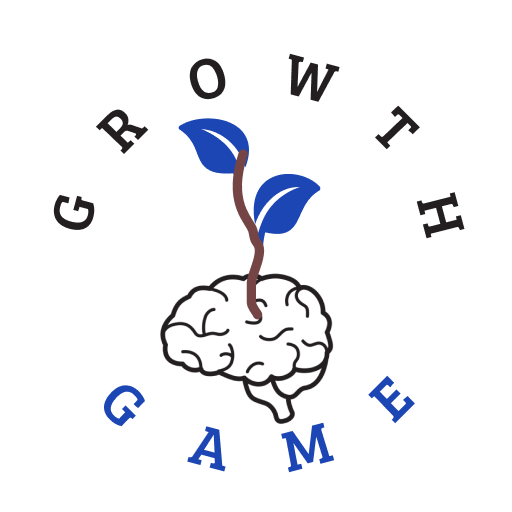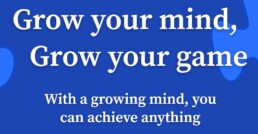The GROWTH Game Web App Official Release
The GROWTH Game has been officially released!
It includes a selection of GROWTH Mindset exercises. It will allow teachers and students to implement them in the classroom with clear directions and learning objectives. The GROWTH Game App allows users to generate sets of exercises based on their preferences and requirements for individual teaching sessions.
Furthermore, users are able to generate handouts for each exercise if necessary, so children can refer to tangible materials in preparation and during play sessions.
The GROWTH Game also includes a self-assessment feature for students, so they can rate their experience in terms of learning satisfaction and difficulty. This allows teachers to 'gauge' the success of each play session and make any necessary adjustments.
The GROWTH Game web-Application, can be accessed here: Growth (8d-games.nl)
Have fun!
Empowering Growth: The Innovative Curriculum Transforming Education
Traditional education often falls short of preparing students for the complexities of real life; the Growth Game curriculum emerges as a beacon of innovation. Designed for children aged 10-14, this curriculum transcends conventional educational frameworks by incorporating interactive challenges that promote a growth mindset. It's not just about the content; it's about fostering resilience, curiosity, and collaboration.
By integrating a unique set of tools and methods, the curriculum empowers students to view challenges as opportunities for growth. Educators are provided with 60 diverse methods and challenges, varying in length, complexity, and participant number, all adaptable to the resources available. This flexibility ensures that the Growth Game can be seamlessly integrated into both formal and informal learning environments.
The essence of the Growth Game lies in its capacity to transform students' attitudes towards learning. It encourages them to embrace failure as a stepping stone to success, fostering an environment where progress is valued over perfection. This innovative approach aims not only to enhance academic journeys but to instill a lifelong love of learning, preparing students to thrive in an ever-changing world.
As we continue to gather results, the transformative impact of the Growth Game on students and educators alike is becoming increasingly evident. It's more than a curriculum; it's a movement towards a future where every challenge is seen as an opportunity for growth and development.
Assessing the effectiveness of Growth Games in the context of fostering development of growth mindset principles among teenagers
Growth game is a set of activities that focuses on the support of developing the growth mindset of teenagers in order to change their self-beliefs and self-reflection about their own personal abilities, competencies and characteristics. Several research has provided important data that supports the beneficial impact of growth mindset intervention in the achievement of academic success.
Since children with growth mindset tend to have a greater level of motivation, tend to pursue challenges, rather than giving up, internalization of growth mindset values may benefit especially underperforming students and thus can contribute to reduce social disparities.
Growth games developed under the Growth Game - Unlocking a well-being power-up Erasmus+ project, based on the growth mindset principles, are aimed to enable teenagers to fulfill their full potential and develop into happy, resilient adults.
Therefore several games were developed in order to help recognise new thinking patterns and thus strengthening teenagers self-beliefs and self-competence in their abilities and potential to grow.
Assessing the rate of change emerged by the growth game gives important feedback to the partners and trainers contributing to the development of the serious games providing information on their effectiveness and thus highlighting possible paths for a better effectiveness.
Several assessment methods and instruments are largely available. Some of them were developed to assess specific aspects of the process of internalizing growth mindset principles. These may vary based on the methodology, tools used, assessment environment etc.
To assess the impact Growth Game intervention, questionnaires and observation were chosen> Questionnaires depict several announcements, statements representing growth mindset principles and teenagers have the option to choose the level they agree with, based on a 4- point Lickert scale. This method of evaluation should give information on the fixed vs growth mindset of teenagers before engaging in the Growth Game.
Idyllically this assessment should be repeated after a certain time-period or set of implemented games giving the opportunity for teenagers to internalize growth mindset values and fostering the recognition of their potential for change, for constant grow of their abilities and competencies, thus inducing change in their self-perception patterns.
Changing mindsets of students, teenagers, developing new assessment and reporting tools to support such change should be included educational agenda as well. A wider appreciation of the ways to provide experiences of success, evaluation focusing on progresses rather than fails could help build healthy mindsets and would certainly support the growth of learners.



